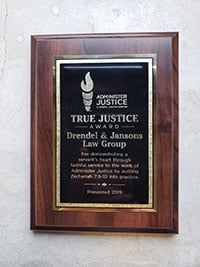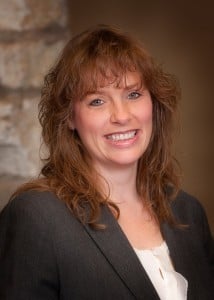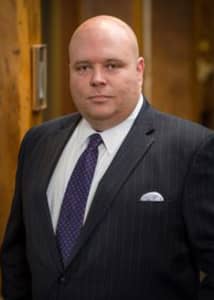Serving Fox Valley And Beyond
Drendel & Jansons Law Group provides sterling legal services and advice to communities, businesses, business owners and their families.
People, Families And Businesses
At Drendel & Jansons Law Group, we work as a team, using the unique strengths and abilities of each member of our group of attorneys and legal assistants, to harness our collective knowledge, experience, skills and relationships for the benefit of our clients. By developing relationships with our clients and focusing on their needs, plans and goals, we are able to deliver top-notch service and build long-term relationships in the community.

Trusted attorneys serving
the Batavia community since 1961
We Value Our Reputation And
Relationships Above All Else
Trust is the hallmark of effective legal representation, so we work hard to earn it. Our legal team exemplifies the best attributes of the traditional, professional legal counselor while harnessing the latest technology to help our clients.
Over the course of six decades, we have built a strong reputation for reliable, high-level service. We protect our clients; we provide sound counsel; and we work hard to obtain the best results possible in our areas of practice.

Service For All Clients
Our legal team prides itself on good communication, responsiveness and diligent service. We take advantage of the latest in technology to make communication as easy and convenient as possible.
To schedule an appointment with one of our attorneys, call 630-523-0543 or fill out our online contact form. Whether you prefer an in-person visit, a phone call or an online video conference, we can accommodate your wishes.



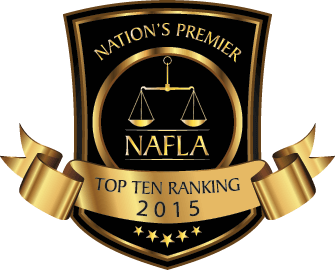
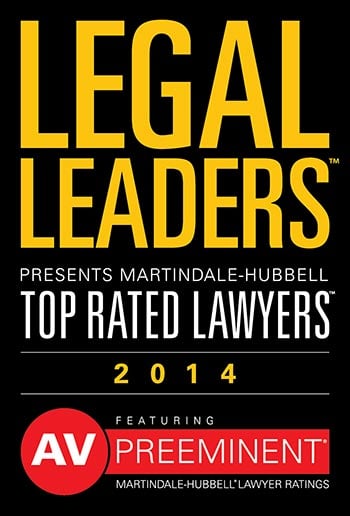


For exemplary legal service from a trusted law firm that has served the
community for 60 years, contact Drendel & Jansons Law Group today.

